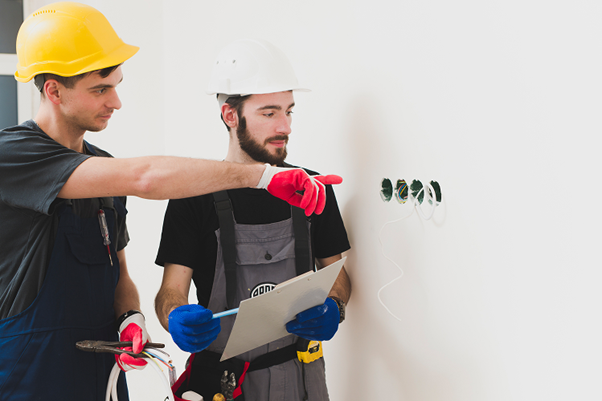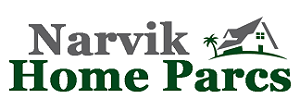What Electrical Services Are Required for Smart Home Installation?

Since smart home technology has become more common, property owners are increasingly seeking qualified professionals to handle the electrical infrastructure needed to support it. After all, installing smart devices goes beyond simple plug-and-play. It necessitates dependable wiring, secure integration, and future-ready technology.
Understanding what electrical services in Singapore are necessary for smart home integration is critical to avoid safety risks, system incompatibility, or costly rework.
Upgrading the Existing Wiring Infrastructure
One of the first requirements for smart home installation is evaluating and possibly upgrading the existing electrical wiring. Many older homes may not be equipped to support the load from interconnected smart systems, especially when devices like smart air-conditioning, lighting, surveillance, and appliances run simultaneously. A licensed electrician will assess the current condition of the wiring and circuit breakers, replacing outdated or damaged cables if needed. Proper grounding and adherence to the Singapore Standard CP5 for electrical installations are essential to avoid power surges and short circuits.
Installation of Smart Switches, Sockets, and Lighting Systems
Smart switches, power outlets, and lighting are core components of any smart home. These devices require proper configuration and installation that integrates with a central hub or smartphone app. Electrical services typically include replacing standard switches with smart ones, ensuring the load capacity of circuits can handle automated systems, and configuring neutral wiring where required. Many smart switches need a neutral wire, which older homes may not have. This instance makes professional retrofitting by an experienced electrician essential. Incorrect installation can lead to flickering lights, device malfunctions, or system failures.
Setting Up Home Automation Panels and Networked Devices
Smart homes often depend on centralised control panels, routers, or hubs that allow seamless integration across devices. These systems rely not just on Wi-Fi, but also on stable power supplies. Electricians are responsible for wiring dedicated power points, surge protectors, and in some cases, backup systems such as UPS (Uninterruptible Power Supply) for security systems or automation controls. Some smart homes even utilise Power over Ethernet (PoE) for powering IP cameras and control modules, which also falls under specialised electrical services.
ALSO READ: 4 Necessary Electrical Installation Services for New HDBs in Singapore
Safety Systems Integration
Smart smoke detectors, gas leak sensors, motion sensors, and CCTV cameras require proper electrical connections and often battery backups. These installations must be configured to meet the city-state’s safety regulations. For example, a smoke detector may need to be hardwired into the building’s power supply while retaining battery support in case of outages. Qualified electricians in Singapore are required to ensure such systems are installed securely and functionally connected to other smart systems, like alerts on mobile phones or automated shutoffs.
Load Balancing and Electrical Panel Upgrades
A full smart home installation often increases the total electrical load on a property. Electricians may need to upgrade the main circuit board or install additional circuit breakers to isolate high-power-consuming devices such as electric water heaters or electric vehicle (EV) chargers to accommodate this upgrade. These advancements ensure that one overloaded smart device does not cause a failure across the entire system. Electrical services typically include load testing and recommendations for distribution board configuration to ensure safe and efficient energy use.
Compliance and Certification
After installation, all smart electrical systems must comply with Energy Market Authority (EMA) regulations. Only a licensed electrician is authorised to perform such work and issue the necessary Certificates of Compliance (COCs). This documentation is often required during property transactions, insurance claims, or tenancy agreements. Ensuring your installation is compliant also helps prevent potential liabilities arising from fire hazards or device malfunctions.
Conclusion
Smart home integration entails much more than simply purchasing devices and connecting them to Wi-Fi. Its infrastructure must be robust, compliant, and scalable. Engaging a qualified electrician in Singapore who has experience offering electrical services geared to smart homes is a critical step. It protects the safety, usefulness, and long-term value of your home’s smart makeover.
Contact 81 Electrical to partner with an electrician who understands the complexity of modern systems.

